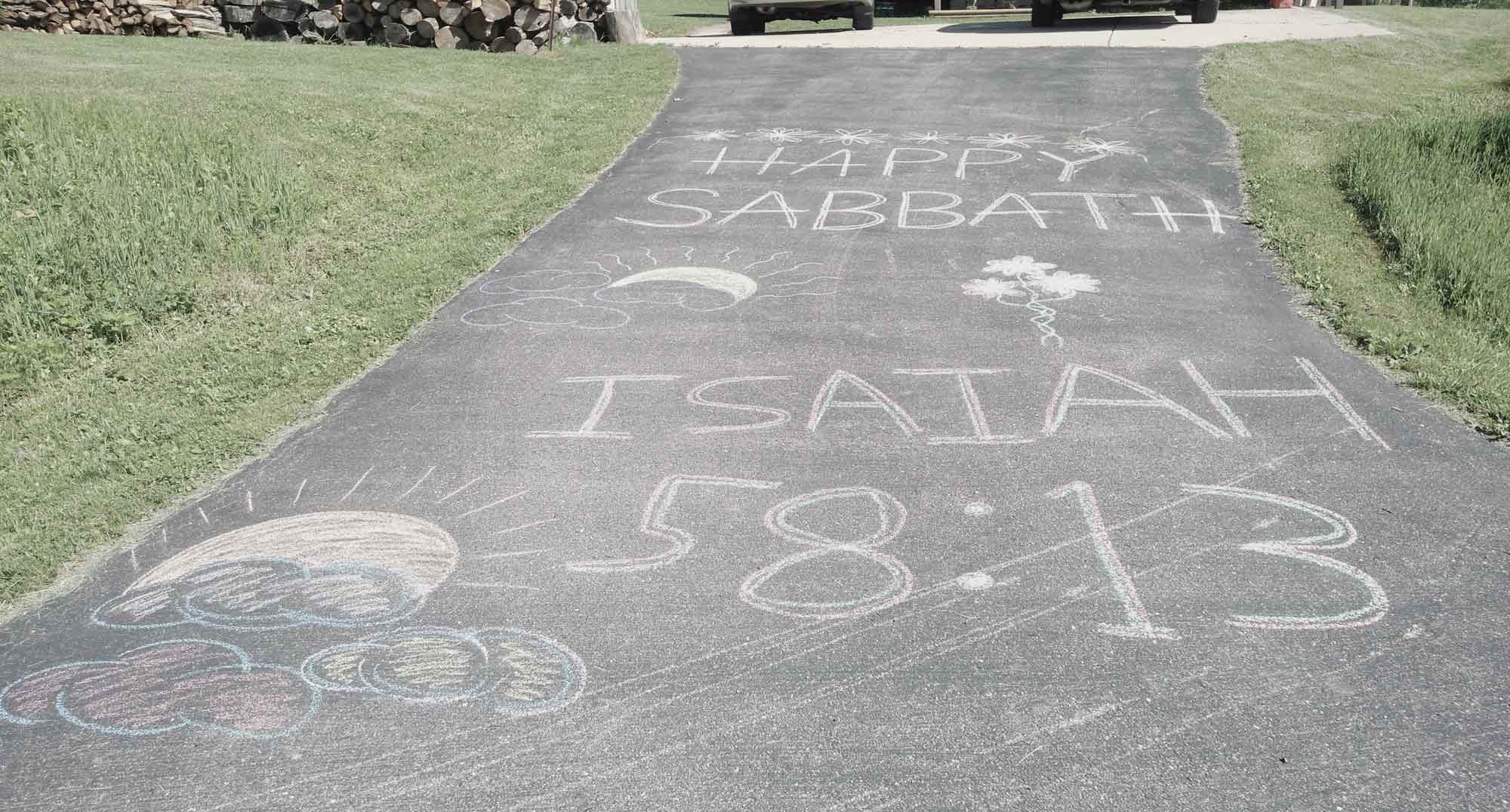The Delight and Direction of Work
BECKY KIERN|CONTRIBUTOR My journey into the workplace began in 1996 on a warm summer’s evening. Since I was not yet old enough to drive, my Mom drove me to the neighbor’s house, where I was to spend the evening babysitting. She had the windows rolled down and the radio blaring as I sat in the passenger seat, filled with a mixture of excited pride and absolute terror. Twenty five years later, my work resume has included everything from answering phone calls in the back of a ham store (ham juice ruined my favorite shoes, but that’s another story), to working alongside some of the world’s finest heart surgeons. Some seasons of life have included work which was so fulfilling I woke up excited to get to the day’s task; while work in other seasons was so vexing, I dreaded going to bed at night, knowing the next day held hours filled with frustration. Often when our labors are difficult, discouragement creeps in and we find ourselves asking, “Does any of my work matter?” or “What is the purpose of all this hard work?” Created to Work In the beginning of the Biblical narrative, Genesis 1:1 introduces God, focusing primarily on His work as Creator. He is described as first creating the heavens and the earth before turning his attention to the creation of the first man and woman, Adam and Eve. In Genesis 1:26, Moses continues to explain the creation narrative by recounting God’s words, “Let us make man in our image, after our likeness. And let them have dominion over the fish of the sea and the birds of the heavens and over the livestock and over all the earth and over every creeping thing that creeps on the earth.” So God created them in his own image, in his own image he created him; male and female he created them. And God blessed them. And God said to them, “Be fruitful and multiply and fill the earth and subdue it, and have dominion over every living thing.” After giving Adam and Eve His blessing, God called them both to do two things: to build a family together and to work. When all was good, when Adam and Eve walked freely with God, before shame, toil, broken dreams, or altered plans had entered into the world, humans were made for and instructed to work. Our work has dignity, because through it, we reflect the goodness of our Creator....










